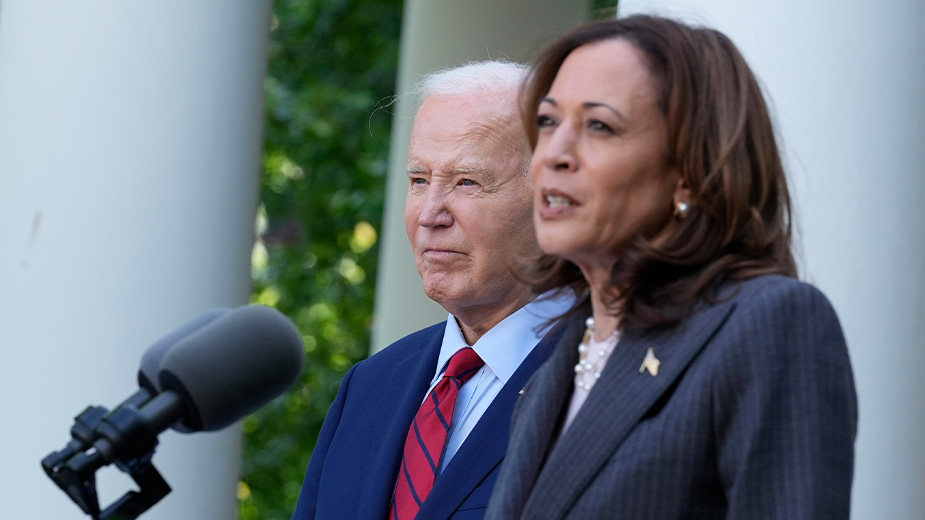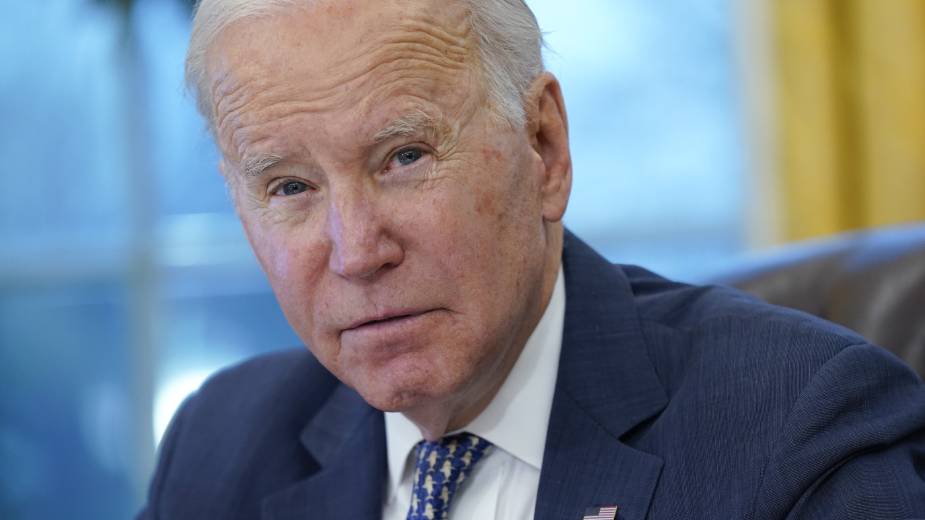GOP Tax Reform ‘Framework’ Draws Praise, Criticism
YOUNGSTOWN, Ohio — The tax reform plan unveiled by President Trump and GOP congressional leaders will promote American investment and create jobs, its supporters say, while opponents charge it lacks details, disproportionately benefits the wealthy and will add to the federal deficit.
Provisions of the “united framework” announced Wednesday include reducing the seven tax brackets to three – 12%, 25% and 35%, (rates now range from 10% to 39.6%) with the potential for a fourth bracket for higher-income earners. The plan would double the standard deduction and boost the Child Tax Credit; repeal the estate tax and Alternative Minimum Tax; and lower the corporate tax rate to 20%.
The proposals will serve as a template for tax-writing committees in Congress, according to the document, “United Framework for Fixing Our Broken Tax Code.”
The administration has been working with the Republican-led Congress to develop the framework for tax reform (READ SUMMARY), Trump said in Indianapolis yesterday.
“We want tax reform that is pro-growth, pro-jobs, pro-family and, yes, tax reform that is pro-American,” he said. “It’s time to take care of our people. To rebuild our nation, and to fight for our great American workers.”
U.S. Sen. Rob Portman, R-Ohio, reported he has worked for the past nine months with House and Senate leaders, the Trump Administration and his colleagues on the Finance Committee. In a statement issued by his office, Portman said he is optimistic about prospects for getting tax reform signed into law this year.
“Too many Ohio families are facing the middle-class squeeze of stagnant wages and a higher cost of living,” Portman said. “They deserve relief, and a strong economy that enables them to live out their God-given potential.”
Portman said the existing tax code encourages U.S. companies to take jobs and investment overseas, and that the proposed reforms will encourage more investment in America, bring jobs home and provide American workers a competitive advantage.
“With this framework, pro-growth tax reform is no longer just a lofty ambition but a concrete plan that is closer to realization than at any point in over three decades,” U.S. Rep. Mike Kelly, R-3 Pa., said in a statement. A member of the House Ways and Means Committee, he called the proposal a “total win for America in every measurable way” and “strongly” commended Trump for his leadership.
“As a fellow private sector businessman, he knows what so many Americans have long sensed: that our economy is falling behind, not because our people are working less hard — far from it — but because Washington is letting others take advantage of us,” he said. “He knows we simply cannot dominate the global market by taxing our businesses more than anywhere else around the globe.
U.S. Rep. Bill Johnson, R-6 Ohio, said tax reform is one of the reasons he ran for office and this plan is about helping all Americans improve their quality of life. The last major overhaul to the tax code took place more than 30 years ago, he noted.
“Now is the best opportunity in a generation to deliver real middle-class tax relief, fuel major economic growth, and create good-paying jobs,” Johnson said. “Republicans are determined to change the status quo, and give the American people the tax system they deserve: one that is simpler, fairer, and more competitive.”
Jane Timken, chairwoman of the Ohio Republican Party, said the administration proposal would “ensure that working Ohio families keep more of their paychecks and supercharge economic growth” in the state.
“Now it’s time for Congress to get to work, and for Sen. Sherrod Brown to join Republicans, stop obstructing, and help provide the tax relief Ohioans so desperately need,” she said.
Brown, D-Ohio, also a member of the Senate Finance Committee and a frequent administration critic, called for a bipartisan tax reform process that would cut taxes for working Ohioans. He pointed to the expansion of the Child Tax Credit as one potential area for bipartisan cooperation, but said as details are worked he wants to make sure that money goes back in the pockets of working Ohioans.
Additionally, he praised a deduction that would allow small businesses to fully expense the cost of depreciable assets, such as equipment and buildings.
“Working Ohioans deserve tax reform that helps them keep more of the money they’ve earned and creates good-paying jobs,” Brown said. “I’m glad President Trump’s plan recognizes the need to crack down on multinational corporations that shift their profits and jobs overseas – and I look forward to working with him on that.
“At the same time, we need to help American companies who do right by their workers grow and create more jobs. That’s what my Patriot Employers Tax Credit would do — cut taxes for employers that keep jobs here and pay their workers well,” he continued. “Those are the companies who should be rewarded — not Wall Street banks and pharmaceutical companies.”
U.S. Rep. Tim Ryan, D-13 Ohio, said the tax proposal released Wednesday “falls far short of the meaningful reform” Americans need and deserve. Instead of fixing the existing system, the proposal “relies on the same supply-side, trickle-down economics that has failed American families for years,” he added.
“Despite years of lectures from Republicans about fiscal responsibility, the plan released today would cost the U.S. as much as $5 trillion over the next 10 years,” Ryan said. “Their plan is clear: slash rates for the wealthiest among us, who have already seen the vast majority of our economic recovery, and stick the middle class with the check.”
In addition to blowing “a massive hole in our deficit,” the plan would mean “drastic cuts to important programs that give a much-needed hand up to hardworking families who need a fair shot at the American Dream,” Ryan said.
Maya MacGuineas, president of the Committee for a Responsible Federal Budget, characterized the outline as a “fiscal fantasy,” lacking sufficient details on how – or if – the proposed tax cuts would be paid for.
“Tax cuts shouldn’t be handed out like Halloween candy. To grow the economy, they must be paid for, and the details of this plan appear to come up $2- to $2.5 trillion short,” she said. “Deficit-financed tax cuts are a recipe for a short-term economic sugar high followed by sluggish long-term growth.”
The advocacy group ProgressOhio said the proposal raises taxes on the poorest Americans to fund “MASSIVE” tax cuts for the wealthy.
“It’s reverse Robin Hood: steal from the poor to give to the rich,” the group said in an email. “Republicans are trying to disguise this plan as a win-win, thinking that voters won’t pay attention.”
Copyright 2024 The Business Journal, Youngstown, Ohio.


